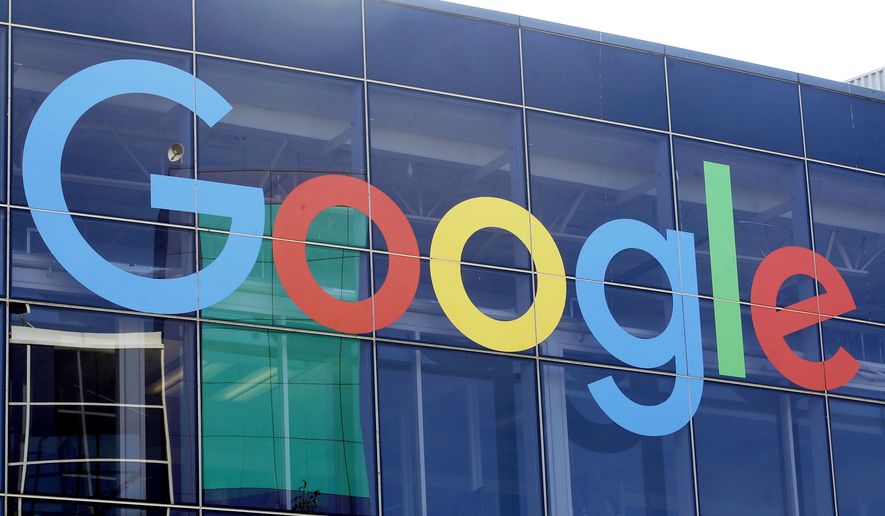Google is making changes to its search engine and is developing the artificial intelligence tool Bard to compete with the popular ChatGPT product supported by Microsoft which has prompted questions about Google’s future as the king of online search.
Google CEO Sundar Pichai said the retooling of the tech titan’s search engine is motivated by the different ways people are using it. Mr. Pichai wrote on Google’s blog that people traditionally have queried Google for “quick factual answers” but increasingly people want “deeper insights and understanding,” such as whether playing guitar or piano is easier to learn.
“Soon, you’ll see AI-powered features in Search that distill complex information and multiple perspectives into easy-to-digest formats, so you can quickly understand the big picture and learn more from the web: whether that’s seeking out additional perspectives, like blogs from people who play both piano and guitar, or going deeper on a related topic, like steps to get started as a beginner,” Mr. Pichai wrote Monday.
The new features arrive amid the growing popularity of ChatGPT, an AI bot that creates text in response to user-made queries. The chatbot’s sophisticated responses have led Gmail creator Paul Buchheit, who left Google in 2006, to assess that AI solutions may upend Google’s business and predict in December that AI would eliminate the Search results page as people know it.
Google’s rivals appear eager to take advantage of the chance to encroach on the tech behemoth’s signature business. Microsoft said last month that it was making a “multiyear, multibillion-dollar investment” in OpenAI, the artificial intelligence startup that makes ChatGPT.
Microsoft Corporate Vice President Yusuf Mehdi said Tuesday that the company was launching a new version of its Bing search engine that uses new artificial intelligence and OpenAI’s ChatGPT technology.
“We’re excited to announce the new Bing is running on a new, next-generation OpenAI large language model that is more powerful than ChatGPT and customized specifically for search,” Mr. Mehdi wrote on Microsoft’s blog. “It takes key learnings and advancements from ChatGPT and GPT-3.5 — and it is even faster, more accurate and more capable.”
Not to be outdone, Mr. Pichai said Monday that Google is rolling out its own chatbot, Bard, powered by Google’s Language Model for Dialogue Applications.
“We’ve been working on an experimental conversational AI service, powered by LaMDA, that we’re calling Bard,” Mr. Pichai wrote Monday. “And today, we’re taking another step forward by opening it up to trusted testers ahead of making it more widely available to the public in the coming weeks.”
Bard created waves last summer when then-Google engineer Blake Lemoine claimed that the AI was sentient. Google disputed Mr. Lemoine’s assessment, and he was later ousted from the company.
Mr. Pichai’s blog post quelled any wishes that Google’s new chatbot would be sentient and appeared to downplay expectations. He wrote that Google was rolling out Bard with its “lightweight model version of LaMDA” that was smaller and required less computing power that would allow it to interact with more people and provide the company with more feedback.
More new adjustments are likely to be unveiled by Google soon. The company is planning to launch a new tool that would automatically blur explicit images in search results as a way to help people avoid violent and pornographic images, according to tech publication The Verge.
• This story is based in part on wire service reports.
• Ryan Lovelace can be reached at rlovelace@washingtontimes.com.




Please read our comment policy before commenting.